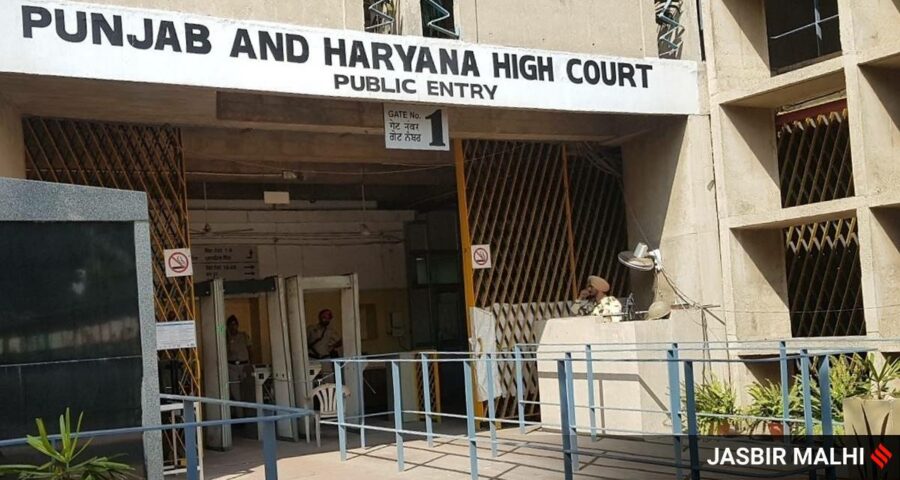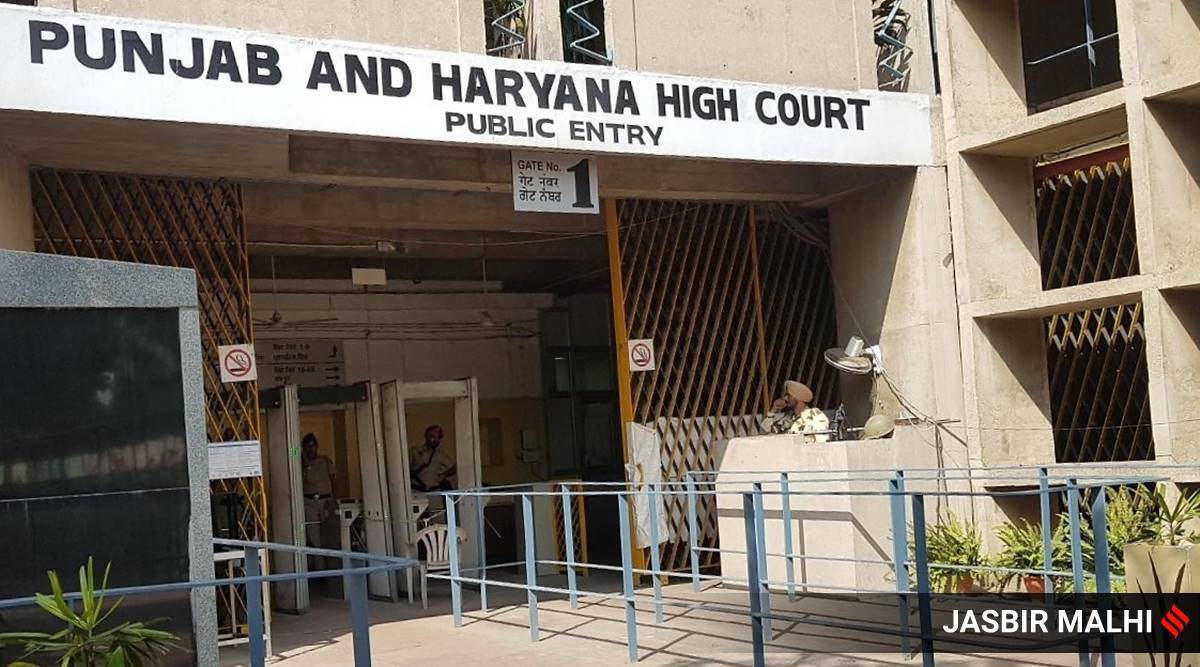A division bench of Justice Ritu Bahri and Justice Archana Puri passed the order on March 9 while setting aside a single bench’s judgment that denied e-registration of the marriage citing that the couple could not be exempted from being personally present before a marriage officer to sign the “certificate book”.
The Punjab and Haryana High Court has allowed a couple — an Indian origin woman who lives in the US and is also a citizen of that country and a man from Haryana who works in the UK — to register their marriage under the Special Marriage Act through video-conferencing.
A division bench of Justice Ritu Bahri and Justice Archana Puri passed the order on March 9 while setting aside a single bench’s judgment that denied e-registration of the marriage citing that the couple could not be exempted from being personally present before a marriage officer to sign the “certificate book”.
The division bench, in its order, said that the wife can attend the video conference either from the Indian High Commission or from a designated hospital in the United States of America at a suitable time in consultation with the deputy commissioner-cum-marriage officer of Gurugram or the Indian consulate in the US.
The bench added that that technology enabled the affected parties to attest documents digitally and ensure secure transmission of the same. Against this backdrop, the registration of marriage of spouses separated by distance had to be addressed keeping in view the changing times.
The bench was hearing a Letter Patents Appeal (LPA) by Ami Ranjan and his wife Misha Verma who had approached the court challenging the single bench order whereby it had dismissed a writ filed by the couple seeking quashing of an order issued by the deputy collector-cum-marriage officer, Gurugram.
The couple, through their counsel, Senior Advocate Navniti Prasad Singh and Nitin Kant Setia, had contended that Ami Ranjan was working as an IT Consultant at a firm in London since 2017 and Misha is a US citizen of Indian origin and living in that country where she is employed at Virginia University School of Medicine as resident doctor. The appellants solemnized the marriage on December 7, 2019 according to Hindu rites in the presence of their respective families at Gurugram (Haryana). After marriage, both of them returned to their respective work places in the UK and the US on December 10 and December 15, 2019, respectively. An application for registration of their marriage was filed before the Gurugram marriage officer on January 29, 2020. A request was made to permit Misha to appear through video conference for registration of marriage. The marriage officer called the appellants to appear before him on April 3, 2020. In the meantime, due to Covid-19 pandemic and subsequent lockdown imposed by the Indian government, the duo could not return to India.
Due to this reason, Ami Ranjan filed an application on August 7, 2020 urging the marriage officer with a request that the second motion hearing may also be conducted through video conference. The request was rejected on September 11, 2020.
The petitioners pleaded that Misha is a medical professional and put on Covid-19 emergency duty in the US. Ami Ranjan wanted to go to the US to meet his wife, but for the purpose he needed to attach the marriage certificate along with his application for visa. On account of lack of a marriage certificate, they couple was facing unprecedented hardship, their lawyers contended.
The single bench had dismissed their plea stating that there was no provision for registration of the marriage under the Special Marriage Act, 1954 without the parties appearing in person before the marriage officer to sign the “marriage certificate book”.
Hearing the plea, the division bench referred to a number of judgments before observing that it was possible for a person living thousands of kilometres away or anywhere in India to simultaneously communicate with another party.
Allowing the plea of the couple, it directed that since the marriage officer had permitted Ami Ranjan to file the application through video conference at the stage of first motion, he can now proceed to register the marriage after 30 days as per Section 16 of the Special Marriage Act, 1954. It also allowed Misha to appear through video conferencing.
On being satisfied that all the requirements are fulfilled, the marriage officer will issue an order; make the necessary entries and issue the marriage certificate in the prescribed form to the couple, the bench said.
Source: Read Full Article


